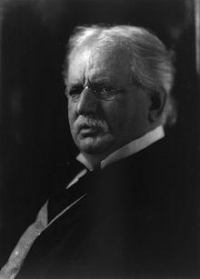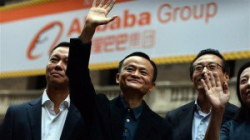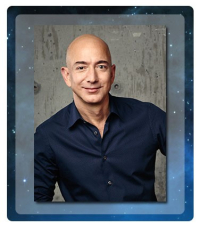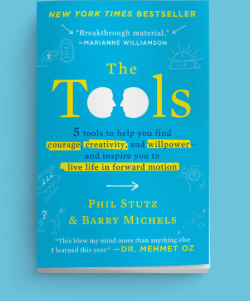
It’s inevitable. The politics of oil and resources dominated my time because the key political issues of that time revolved around resources and access to them. That’s what the Arab oil embargo was all about in 1973. It’s what the Iranian embargo was about in 1979. It’s why we went to war in 1990. That’s why we invaded Iraq. It was oil. Anyone who denies this is like those who deny the Holocaust, or who claim slavery to have been good for black people. They’re lying and should not be heard again on any subject.
In the same way, the politics of manufacturing dominated the lives of my parents. That’s what the Great Depression was about, what World War II was about, what the development of the military-industrial complex was about. It was about creating new markets for the abundance of factories. That’s what the suburbanization of America was about. It was about ginning up demand. Mass consumption leads to mass production.
The point is every American generation has a dominant industry, one whose problems and demands come to control American politics. It will be the same with technology. I, for one, welcome our new Google overlords.
I do, that is, assuming they make the right choices now, assuming they understand where their own self-interest lies, and assuming they take steps to defend it.

This is the first time in a century that the interests of our dominant industry and the interests of our people have aligned this way, since what is called the Progressive Era.
What electric companies, phone companies, gas companies and transit companies had in common was a need for organized markets. It made no sense to have a dozen phone lines over the streets of lower Manhattan, each incompatible, as happened in the 1880s. A single system allowed the network to deliver “Universal Service,” and was a fair distribution of scarce capital. In exchange, profit margins were limited, but market growth meant profits also grew, as the network and its traffic expanded.

The political needs of technology have been obvious to me since I began writing in the 1970s.
What the PC, networking and software industries have in common is their gating factor, their greatest need. That gating factor is human capital. Not hands, but minds. Not just minds but trained and highly motivated minds. The more of these minds tech gets the more tech grows. This is the Creative Class Richard Florida wrote about two decades ago.
Central cities rich in human capital, from New York to Atlanta to San Francisco to Singapore to Tel Aviv, from Mumbai to Hong Kong to Shanghai, have prospered as a result. Minds are like diamonds, precious beyond measure. Mining them and harnessing them creates prosperity.
What you need determines where you stand. Tech needs human capital. It is the drive for human capital that should drive the politics of the cloud czars.

The cloud czars don’t care where talent comes from. You could be black, brown, yellow, red, white with pink polka dots, male or female, able-bodied or with some mental or physical challenge that holds you back in other settings. You can come from anywhere. But if your mind is malleable, if it’s hungry for knowledge, if pushing through complex problems is where you live, the cloud czars need you, and can make use of you.
If you’re not like that, you’re the market.

The greatest business values live on the cutting edge. The cotton gin was cutting edge in 1800. The railroad was cutting edge in 1860. Electricity was cutting edge in the 1890s, consumer goods were cutting edge in the 1920s, suburbs were cutting edge in the 1950s, and computers were cutting edge in the 1980s.

The needs of the cloud czars should dictate their political choices, and 2018 is the year those choices must be made. This is because the cloud czars face an existential crisis, from forces that wish to break them up on anti-trust grounds, from the abuse of their systems by criminals, bots and dictators.


It won’t be as easy this time as it was to win the Presidency for Barack Obama. You’ll have to put your creations into the arena and create new institutions through which the truth of our time can shine. Jeff Bezos took a step in that direction buying The Washington Post, Laurene Jobs by buying The Atlantic. But now it’s up to Zuckerberg and Page to clean their own houses, to fix the business model disconnect that lets lies drive out truth at Facebook and Google.
Watching how this plays out will be the story of 2018, and beyond.










